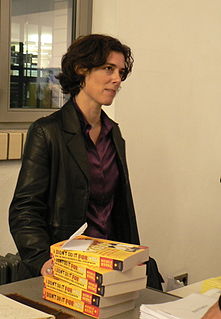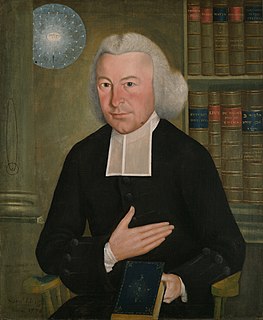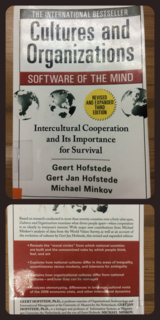A Quote by Carroll Quigley
A society is a group whose members have more relationships with one another then they do with outsiders.
Related Quotes
The third group [of society] are those irresponsible and reckless ones having little regard for the consequences of their acts, or whose religious scruples prevent their exercising control over their numbers. Many of this group are diseased, feeble-minded, and are of the pauper element dependent upon the normal and fit members of society for their support. There is no doubt in the minds of all thinking people that the procreation of this group should be stopped.
Society is the body; individuals are its members, its limbs. Just as the various limbs help and co-operate with one another and thus are happy, so each must unite with others in being helpful to all in thought, speech and action... One may see to the good of one's own group, i.e., the group that is immediate to him, and then proceed to others.
Any group or "collective," large or small, is only a number of individuals. A group can have no rights other than the rights of its individual members. In a free society, the "rights" of any group are derived from the rights of its members through their voluntary individual choice and contractual agreement, and are merely the application of these individual rights to a specific undertaking... A group, as such, has no rights.
A new world of complex relationships and feelings opens up when the peer group takes its place alongside the family as the emotional focus of the child's life. Early peer relationships contribute significantly to the child's ability to participate in a group (and in that sense, society), deal with competition and disappointment, enjoy the intimacy of friendships, and intuitively understand social relationships as they play out at school, in the neighborhood, and later in the workplace and adult family.
Society is not a mere sum of individuals. Rather, the system formed by their association represents a specific reality which has its own characteristics... The group thinks, feels, and acts quite differently from the way in which its members would were they isolated. If, then, we begin with the individual, we shall be able to understand nothing of what takes place in the group.
At first, I felt bad judging an entire state by one county political official, but then I found out Morrison had also helped screen public school textbooks, a topic which is another chapter in my book. The Alamo is managed by the Daughters of the Republic of Texas, a group whose members can claim a relative who was living in Texas during the revolution. The fight over mismanagement of the Alamo has been going on for years.
Groups do not have experiences except insofar as all their members do. And there are no experiences... that all the members of a scientific community must share in the course of a [scientific] revolution. Revolutions should be described not in terms of group experience but in terms of the varied experiences of individual group members. Indeed, that variety itself turns out to play an essential role in the evolution of scientific knowledge.





































